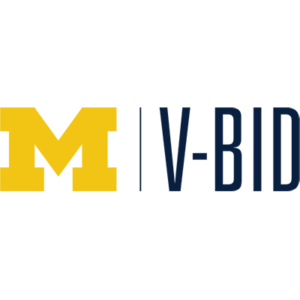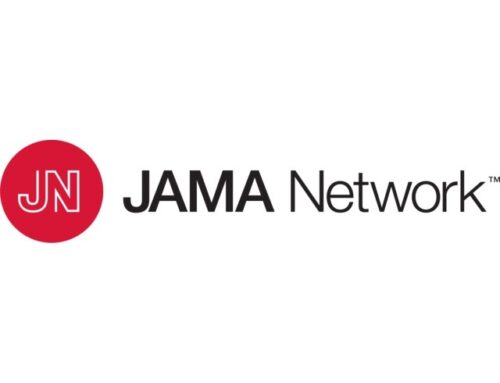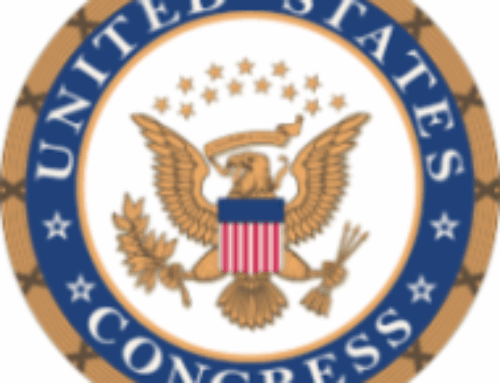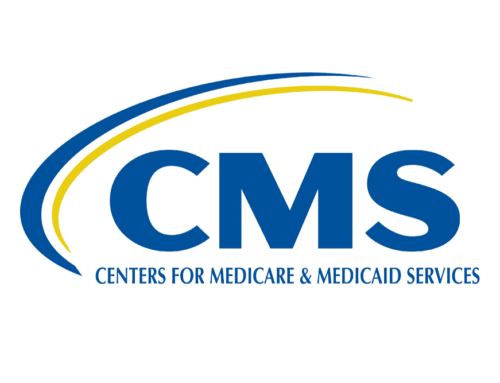

Utilization and Spending on Low-Value Medical Care Across Four States
A new VBID Health report analyzes data from all payer claims databases (APCDs) from four states – Colorado, Connecticut, Utah, and Maine – to quantify the utilization and spending on 48 specific low-value services by commercial payers in 2019. Key findings are below:
- In 2019, commercial payers in the four states paid more than $630 Million on the 48 low-value services measured, of which nearly $100 Million was directly paid by patients.
- A substantial proportion of LVC expenditures were concentrated in high-volume LVC services and in services that were frequently used in low-value clinical settings.
- APCDs can be used to better target unnecessary medical services and can inform promising state-wide interventions to potentially reduce harm, enhance equity, and lower health care costs.
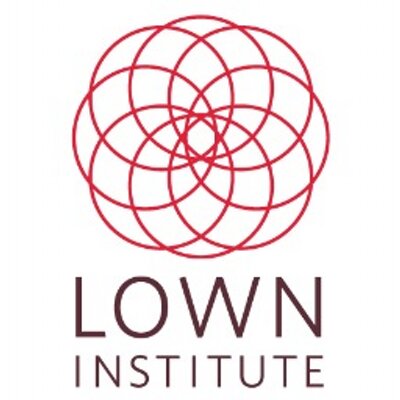
Hospital Overuse During COVID
The Lown Institute has examined the use of 8 low-value procedures by hospitals during the COVID-19 pandemic. The services include stents for stable coronary disease, vertebroplasty for osteoporosis, hysterectomy for benign disease, spinal fusion for back pain, IVC filters, carotid endarterectomy, renal stents, and knee arthroscopy. Key takeaways are included below:
- Hospitals delivered more than 100K low-value procedures to Medicare beneficiaries between March and December 2020.
- Of these, almost half were unnecessary coronary stents and approximately one-third were unnecessary back surgeries.
- Hospitals delivered low-value services to Medicare patients at rates similar to 2019.
- All hospitals on the U.S. News Honor Roll ranking overused coronary stents at a higher rate than the national average in 2020.


The Diabetes Health Plan and Medication Adherence Among Individuals with Low Incomes
The Diabetes Health Plan (DHP) is a diabetes-specific insurance plan that lowers out-of-pocket costs for diabetes-related medications and clinical visits. A study was conducted to test DHP impact on adherence to oral hypoglycemic medications among low-income adults with Type 2 Diabetes. Researchers believe DHP may benefit low-income patients with low baseline medication adherence, and that value-based insurance design may be an important strategy for mitigating income disparities in Type 2 Diabetes outcomes.
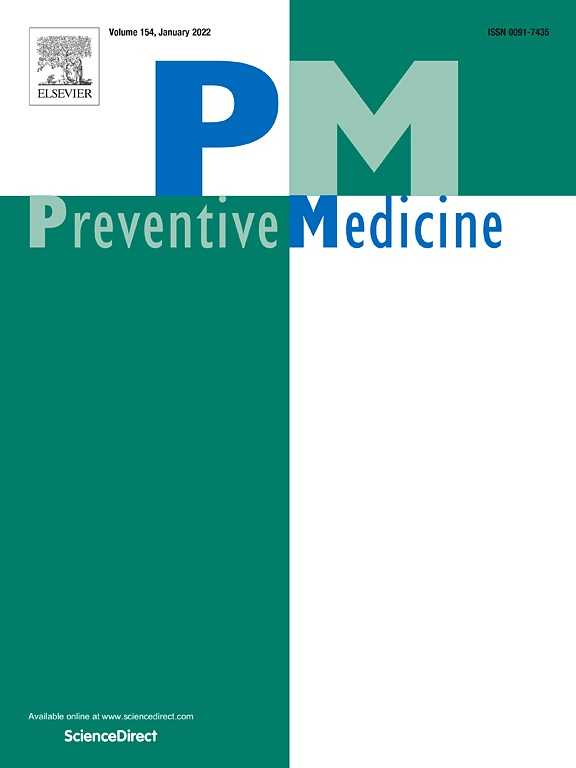
Changes in Preventive Service Use by Race and Ethnicity After Medicare Eligibility in the United States
Authors of a recent study examined 6 preventive services to determine whether eligibility for Medicare at age 65 narrows disparate preventive service use by race and ethnicity. The preventive services included in the study were routine check-ups, blood cholesterol screenings, the influenza vaccine, blood pressure screenings, mammograms, and colorectal cancer screenings. Medicare eligibility reduced racial and ethnic disparities in preventive service use.

Improving Heart Health Through Value-Based Payment
An American Heart Association white paper points to value-based payment models as a method to increase the value of care used to treat heart disease, stroke, and other cardiovascular diseases, as well as address health disparities in risk factors, treatment, and outcomes. The publication outlines AHA’s vision and potential implementation using the Centers for Medicare and Medicaid Services’ 5 strategic objectives.

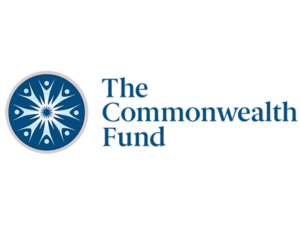
A Value-Based Approach to America’s Costly Prescription Drug Problem
Authors of a Commonwealth Fund publication discuss how Medicare might negotiate drug prices and cap the cost of insulin at $35. Value-based pricing of prescription drugs would help ensure Americans don’t overpay for marginal treatments, while facilitating access to important medications.
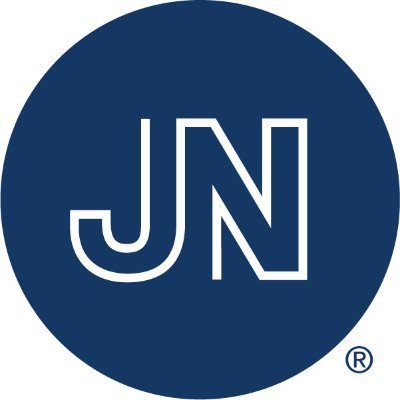
Trends of Prescription Drug Manufacturer Rebates
According to a JAMA research letter, prescription drug rebates from drug manufacturers to commercial health plans are steadily increasing. Researchers from Johns Hopkins University and Texas Christian University examined the rebates that manufacturers typically offer to PBMs and health plans to negotiate better access on formularies.
Please Help Support the V-BID Center
As a non-profit entity, the V-BID Center relies on fundraising to support our research, education, and policy efforts. Please help us continue our work by donating here. We truly appreciate your consideration.


